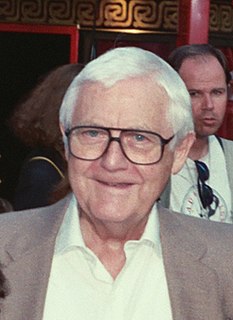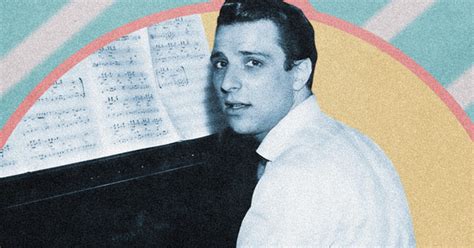A Quote by Robert Wise
A reflection of my feelings about the space program is found in a quotation from Charles A. Lindbergh's "Autobiography of Values." It reads, "Whether outwardly or inwardly, whether in space or time, the farther we penetrate the unknown, the vaster and more marvelous it becomes."
Related Quotes
Healthy mysticism praises acts of letting go, of being emptied, of getting in touch with the space inside and expanding this until it merges with the space outside. Space meeting space; empty pouring into empty. Births happen from that encounter with emptiness, nothingness. . . . Let us not fight emptiness and nothingness, but allow it to penetrate us even as we penetrate it.
Contemporary philosophers are facing problems that were unthinkable only one century ago, such as whether space and time are mutually Independent, whether there is objective chance or only uncertainty, whether physics can explain chemical change, whether our behavior is fully determined by our genomes, whether ideation can change the brain, or whether either the economy or ideas are the ultimate roots of the social.
One of the great intellectual mistakes Einstein made is that he thought that space and time are physically or ontologically entangled. In the present non-spatial universal computational program, space and time happen to be entangled to the extent that, under certain unique circumstances, changes in spatial measurements indicate changes in temporal ones. However, a change in the program itself may cause space and time to disentangle.
But as Van casually directed the searchlight of backthought into that maze of the past where the mirror-lined narrow paths not only took different turns, but used different levels (as a mule-drawn cart passes under the arch of a viaduct along which a motor skims by), he found himself tackling, in still vague and idle fashion, the science that was to obsess his mature years - problems of space and time, space versus time, time-twisted space, space as time, time as space - and space breaking away from time, in the final tragic triumph of human cogitation: I am because I die.



































